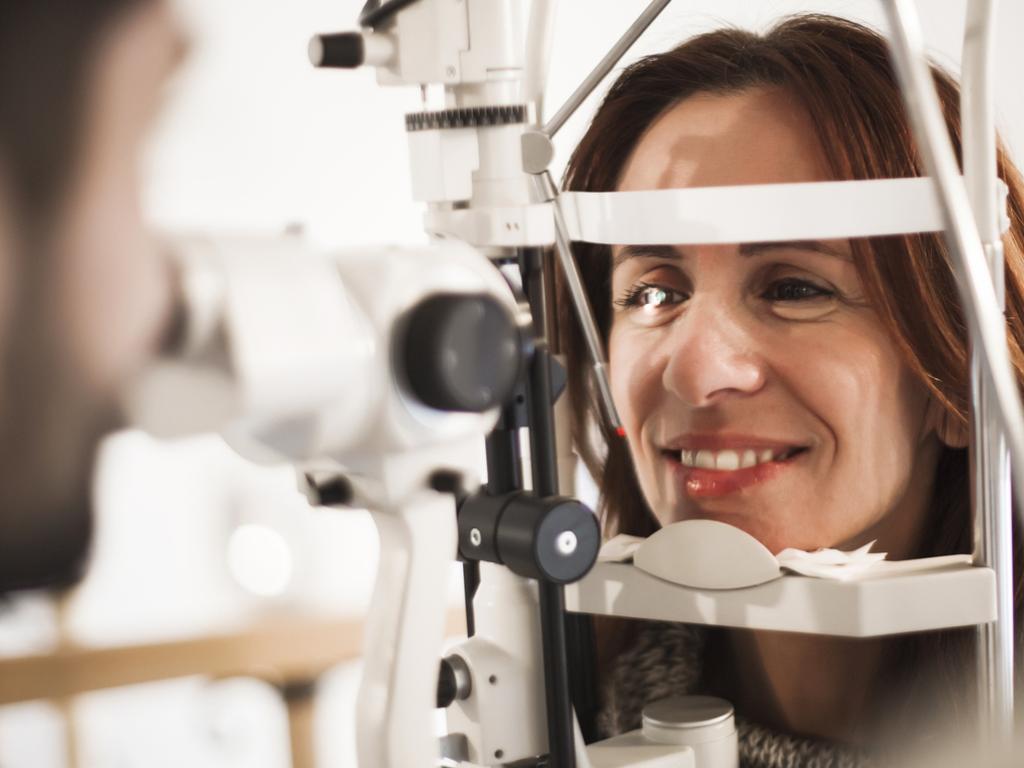How can I make the most of my health insurance optical cover?
People with not-so-perfect vision know regular trips to the optometrist can get expensive, but there are ways you can reduce the cost.

These products are hand-picked by our team to help make shopping easier. We may receive payments from third parties for sharing this content and when you purchase through links in this article. Product prices and offer details are not assured, and should be confirmed independently with the retailer. Learn more
People with less than perfect 20/20 vision will know that life is just that little bit more expensive when you need to make regular trips to the optometrist.
Although things like glasses and contact lenses are a non-negotiable expense, opting for a private health insurance scheme with optical cover can potentially reduce costs.
From exactly what is covered, how much it will cost and if you’ll have to contend with waiting periods, here’s what you need to know about optical cover.
How does optical cover work?
Optical cover falls under extras coverage that you can get under private health insurance and will reimburse part of your costs for certain procedures and accessories related to your vision, like glasses, contact lenses and laser eye surgery.
The exact services you’re covered for and the amount you can claim each year will depend on your policy.
Compare health insurance costs
What’s included in optical health insurance?
Normally this will include things like frames, prescription lenses, contact lenses and certain lens coatings like a UV filter or anti-reflection coating.
Most funds will also let you claim on online prescription glasses and contact lenses orders too. For complete peace of mind, make sure you shop with a registered retailer or optical provider, otherwise you may encounter difficulties when it comes to processing your claim.
When it comes to eye tests, although you can use your private health fund to claim the cost of extra tests, keep in mind that Medicare does cover one comprehensive eye test every three years for people under 65 years old. Those 65 or older can claim for one comprehensive eye test every year.

Is getting optical cover worth it?
If contact lenses or updating your glasses prescription is a regular expense than you’ll no doubt use your optical cover. And, as optical is often bundled with other services within your extras cover you can claim on like general dental, physiotherapy, remedial massage and acupuncture, it could prove good value for money.
Optical cover could also be a good investment if you’re considering laser eye surgery. Although most funds have a lengthy waiting period before you can claim on the expensive procedure, they do reimburse you for a considerable chunk of the costs.
To fully use your private health insurance and ensure you’re saving the most money possible when buying glasses and contacts, some funds will give you an extra discount if you shop with one of their retail partners. For example, Bupa gives their members additional benefits, including no-gap packages, for select purchases made with Specsavers.
Check if there is a cheaper health insurance option
FAQs: Private health insurance optical cover
What are the annual limits on optical cover?
This will depend on your policy, with most offering anywhere from $100 to $400 per person, per year. However, some providers also have a ‘rollover feature’ which lets your benefits accumulate from one calendar year to the next up to a maximum amount.
Is there a waiting period on optical cover?
Unlike waiting periods for hospital treatment, which are set by the government, health funds are able to set their own waiting periods for extra policies, like optical cover. This commonly ranges from two to six months for glasses and contact lenses and 24 to 36 months for laser eye surgery.
Sometimes insurers will also run promotions where they waive the waiting period so you can start using your benefits straight away.
RELATED: Facial feature half of Aussies desperate to change
RELATED: Is speech pathology covered by Medicare?
RELATED: Key to finding cheap hospital insurance




